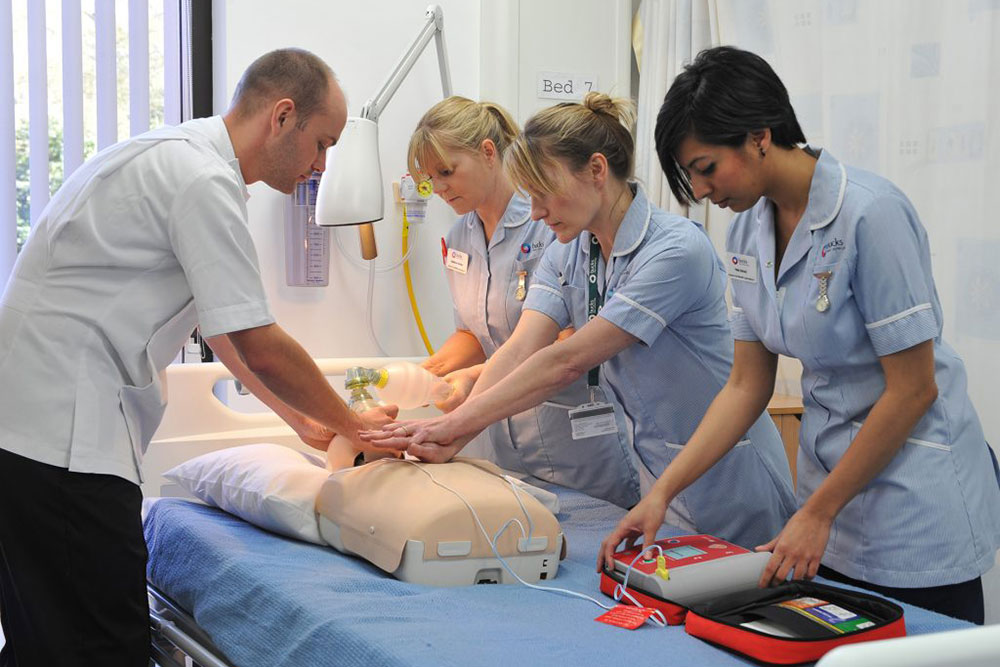News
Professionalism in nursing 5: social media and e-professionalism
Digital professionalism comprises the competencies and values expected of professionals when communicating online. This article discusses the risks and benefits of social media use for nurses. This is a Journal Club article and comes with a handout that you can download [...]
Nurse degree apprenticeship hits milestone of 6,000 students
By Ella Devereux, Nursing Times More than 6,000 students have enrolled on registered nurse degree apprenticeships since the programme began in 2017, new figures from Health Education England (HEE) reveal. HEE stated that this new figure represented a “welcomed boost” to [...]


